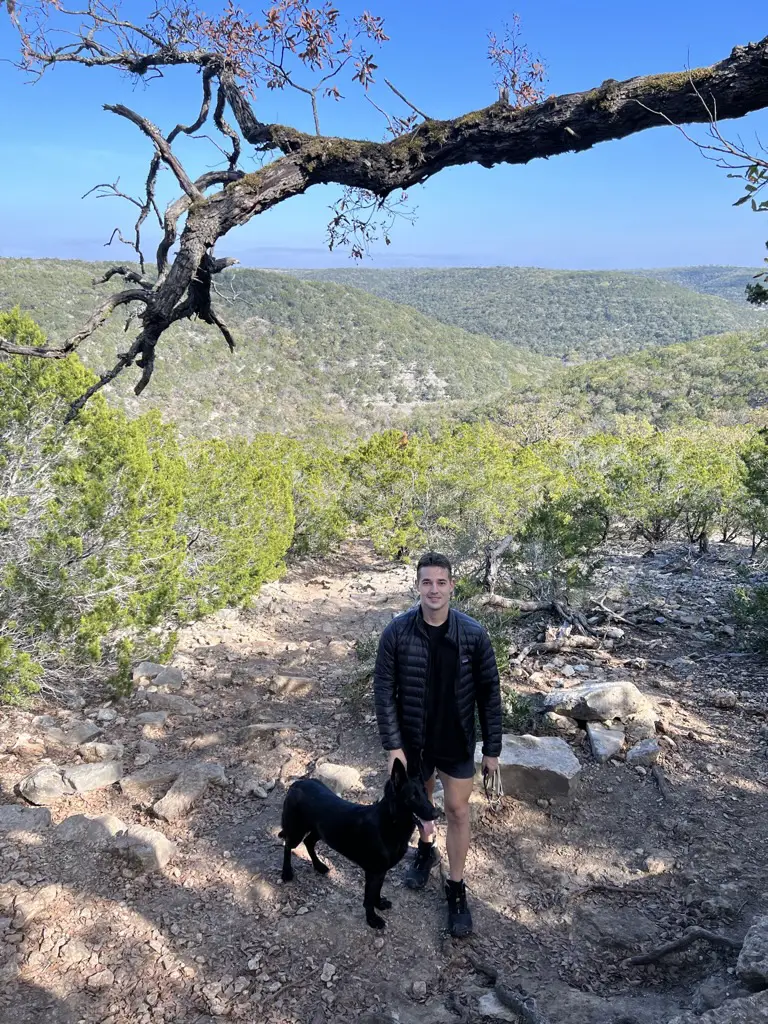We strive to provide you with authoritative, trustworthy, and expert advice. In doing so, the staff at texaswalkabout.com performs extensive research, editing, and fact checking to every post on this webiste. If you feel that this article can improve, please feel free to reach us at staff@texaswalkabout.com
Birdwatching is a popular and relaxing pastime, and Austin, Texas, is home to a diverse range of bird species. Providing the right bird seed can help attract these beautiful creatures to your backyard, creating a bird-friendly haven for you to enjoy.
In this blog post, we’ll discuss the best bird seed options for Austin, Texas, and offer tips on how to create a welcoming environment for your feathered friends.
Black-Oil Sunflower Seeds: The Number One Choice
Black-oil sunflower seeds are highly preferred by birds due to their high energy content and the ease with which they can access the seed inside the thin shell. They are considered the number one choice for bird feeders, as they attract a wide variety of bird species. To provide an adequate supply of black-oil sunflower seeds to birds, follow these steps:
- Purchase high-quality black-oil sunflower seeds from a reputable supplier to ensure that the seeds are fresh and free of contaminants.
- Choose a feeder that is appropriate for the types of birds you want to attract. For instance, tube feeders are better suited for small birds like finches, while hopper feeders are better for larger birds like cardinals.
- Place the feeder in a location that is easily accessible to birds, such as near trees or shrubs where they can perch.
- Keep the feeder clean and well-maintained to prevent the growth of mold and bacteria, which can be harmful to birds.
- Monitor the seed supply and refill the feeder as needed to ensure a steady source of food for the birds.
Creating a Bird-Friendly Backyard
In addition to providing black-oil sunflower seeds, creating a bird-friendly backyard involves providing shelter, water, and a variety of other bird seed options.
Provide shelter: Dense shrubs, such as Texas Mountain Laurel, Yaupon, and Agarita, and trees such as Live Oaks, Ashe Juniper (Cedar Trees), and Cedar Elms, can provide excellent nesting sites for birds.
Provide water: Birds need water, and a birdbath or water feature can provide an excellent source of hydration. The water feature should be placed near shelter, such as a tree canopy or shrubs, to protect the birds from predators.
Provide a variety of bird seeds: H-E-B, a grocery retailer in Texas, offers a range of bird seed options including Striped Sunflower, Black Oil Sunflower, Safflower, Milo, Nyjer Seed, White Millet, and Cracked Corn. Use bird seed blends that include a variety of seeds to attract a wide range of birds. The premium and higher-quality bird seeds are likely to attract more colorful birds to the feeder.
Use appropriate feeders: Different types of feeders can be used to attract different species of birds, including Mixed Seed Tube Feeders, Hopper Feeders, Tray Feeders, Nyjer Feeders, and Squirrel-Proof Feeders.
Keep the area clean: Cleanliness is crucial to prevent the spread of disease. Clean feeders and birdbaths regularly, and remove any uneaten seed or other debris from the ground.
Seasonal Bird Feeding Tips
Feeding birds is not just about providing the right seed; it’s also essential to adjust feeding patterns according to the seasons.
The Texas Parks and Wildlife Department offers guidelines for bird feeding throughout the year:
- During nesting season, birds will not need to depend on humans for food. Providing them with nesting materials and housing will entice them to visit. Nesting materials such as wool, twine, and string can be cut into 3-inch lengths and put into suet containers.
- Grit is necessary for birds to grind and digest the coarse foods they eat, and suet provides energy and warmth during cold months. Kitchen scraps such as cake, doughnuts, and pie crust can also be used as bird food.
- It is important to continue feeding birds through the winter, and checking feeders at least twice a day is recommended. Once spring arrives, it is time to stop suet feeding and continue seed feeding until the end of April.
Final Thoughts
Creating a bird-friendly backyard in Austin, Texas, is a rewarding and enjoyable activity that allows you to connect with nature and support the local bird population.
By providing high-quality black-oil sunflower seeds, a variety of other bird seed options, and ensuring an adequate supply of water and shelter, you can create a welcoming environment for a diverse range of bird species. Be mindful of the changing seasons and adjust your feeding patterns accordingly to ensure that your backyard remains a haven for birds all year round.

Robert is a native Texan writer for TexasWalkabout, passionate about Texas culture and food, wearing cowboy boots daily. He interviews local pitmasters and chefs, tastes and reviews innovative dishes, and explores hidden gems and iconic landmarks. Graduating magna cum laude in Cyber Security from the University of Texas at San Antonio, Robert excels academically and professionally while also being knowledgeable in Texas history and culture. After living in Texas for over 28 years, he provides first-hand and trustworthy information for all your Texas needs!
